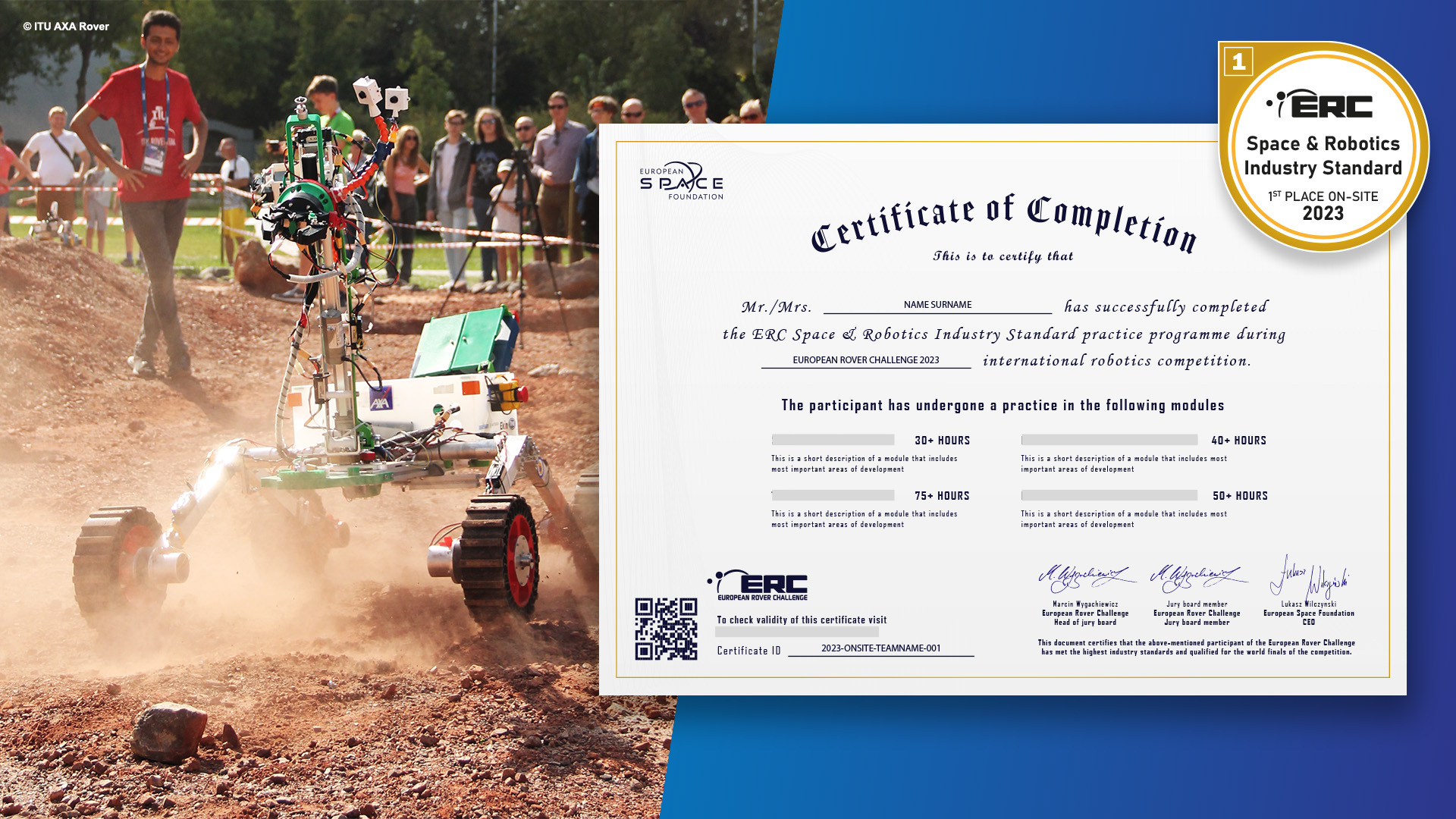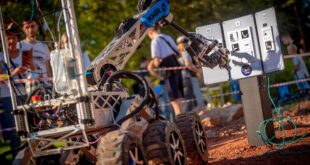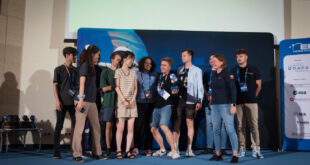
London, 29 March 2023.- The European Rover challenge (ERC) has announced today it has opened its registration and introduced a new certification process. Not only will the tasks based on actual missions performed by rovers on Mars and the Moon be analysed, but the competence and skills of future engineers will be validated. Academic teams worldwide can now register for the competition and get a chance to obtain the ERC Space and Robotics Industry Standard Practice Programme certificate.
The ERC is the international planetary rovers competition, along with scientific and technological exhibitions and debates. It has been running for nearly a decade and aims to bring the general public closer to the space sector. Last year the challenge was followed by over half a million people.
Participating in the ERC enables finalists to showcase their skills and competencies to space industry professionals and a broader audience. Obtaining the ERC Certificate will significantly strengthen their position in the recruitment process, as the candidate gains credible confirmation of their experience, supported by the authority of the ERC jury. The ERC certificate will become a formal document proving the finalist’s development of technology and their dedication to the project. Engineering is a crucial element of the competition, but team members will also get a chance to receive a certificate validating their work in different fields like project management, engineering, software development and computer science.
“ERC is much more than an academic competition. It is a first gear towards robotic design, a launch pad to the world of space projects, and a shared experience,” says Michele Randine, Quality Assurance Manager structure and thermal TAS-I at Thales Alenia Space Italia, former ERC finalist from DIANA team from Politecnico di Torino. “It’s the first step for technical space design and a sprint for all space industry passionates.”
In 2023 more teams will be qualified for finals (20 to 25), and Robotics Tasks will be enriched with new rules: maximum mass of the rover will be increased to 75 kg to accommodate bigger batteries and drilling mechanism, and teams will be able to add the drone to their rover.





